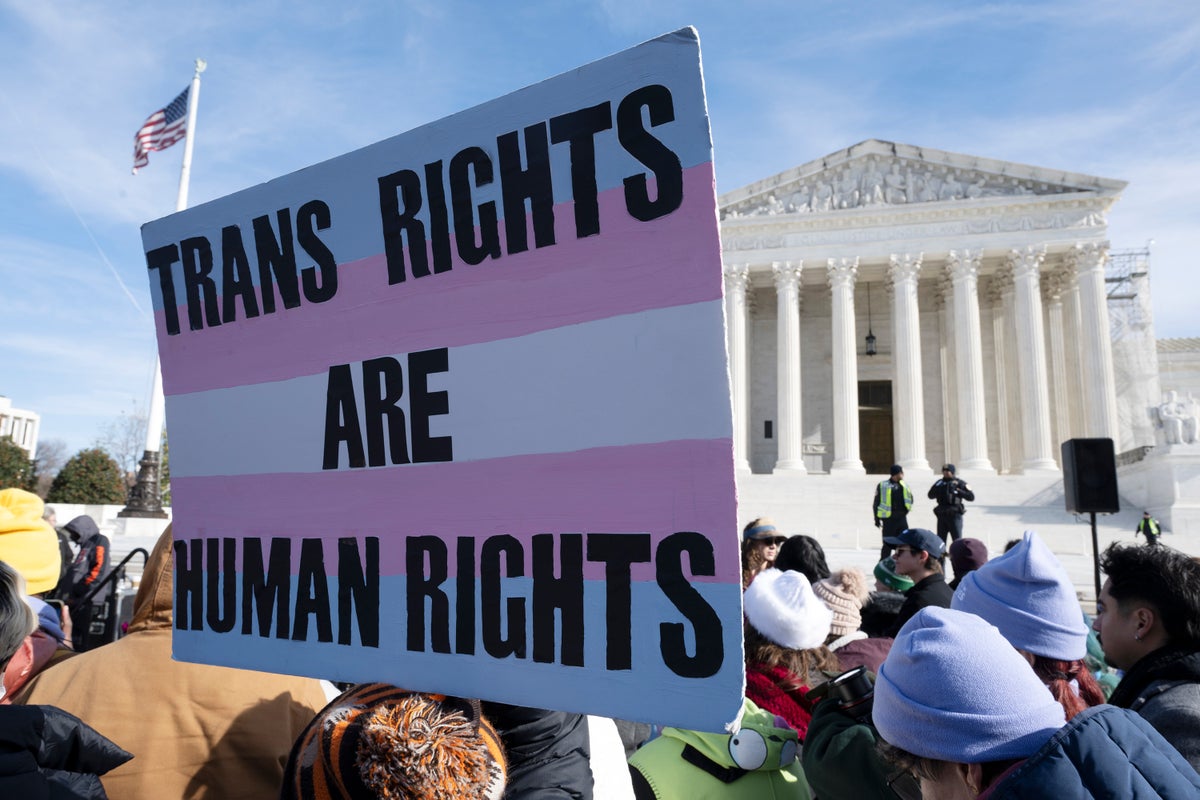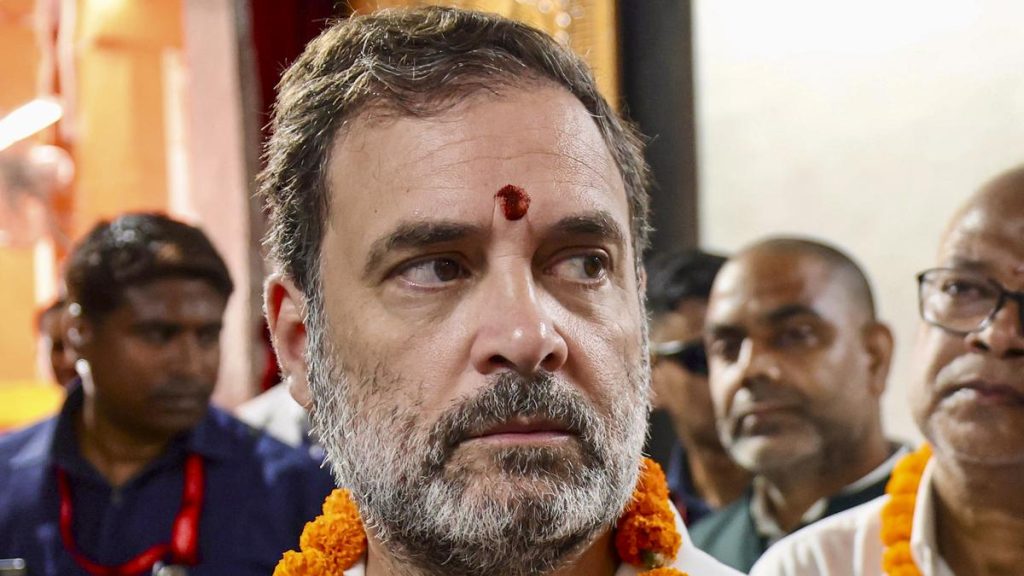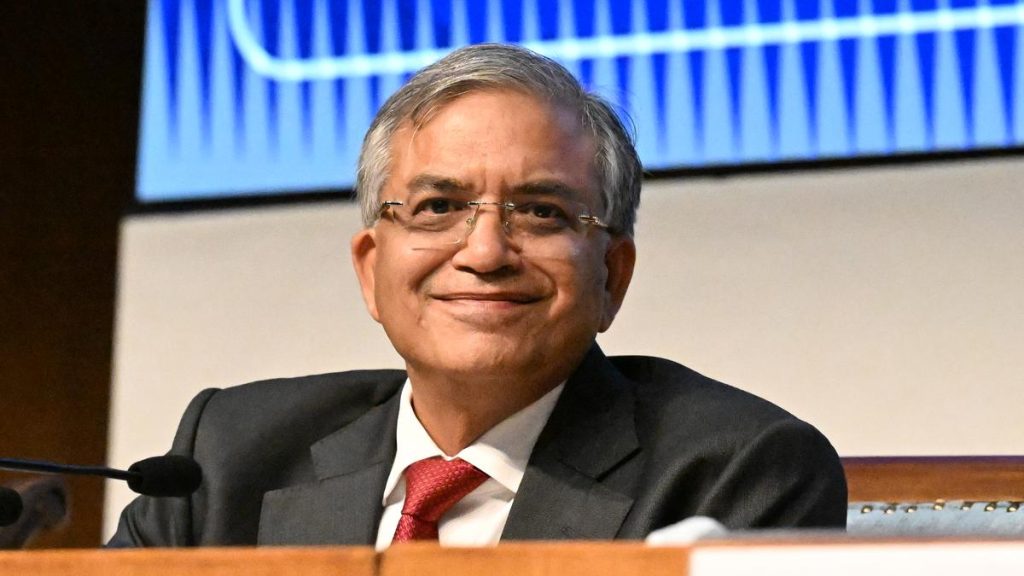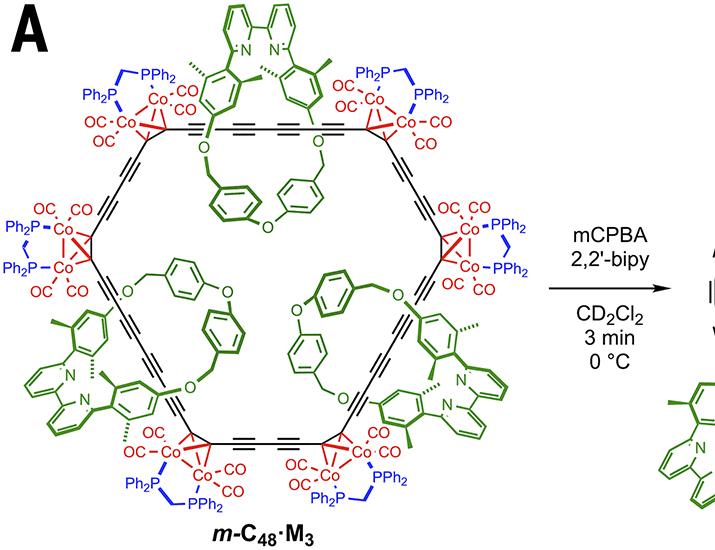Now Reading: Supreme Court Upholds Ban on Gender-Affirming Care for Minors
-
01
Supreme Court Upholds Ban on Gender-Affirming Care for Minors
Supreme Court Upholds Ban on Gender-Affirming Care for Minors

Speedy Summary
- Case Name: U.S. v. Skrmetti.
- Ruling: The U.S. Supreme court upheld Tennessee’s Senate Bill 1 (SB1), a state law banning gender-affirming medical care for minors, in a 6-3 decision by it’s conservative majority.
- Key Issue: The Court ruled the law does not constitute sex discrimination under the Equal Protection Clause of the Fourteenth Amendment.
- Affected Treatments: SB1 prohibits medical treatments like puberty blockers and hormone therapies for minors to address gender dysphoria-conditions supported by prominent medical bodies such as the AMA and AAP.
- supporting Evidence: Scientific studies have shown gender-affirming care improves mental health outcomes and reduces suicide risks for affected youth, while bans have been associated with increased depression and suicidal ideation globally.
- Majority Opinion: Chief Justice Roberts highlighted ongoing “policy debates” about safety but noted that democratic processes should decide questions of policy rather than judicial intervention on these issues.
- Dissenting Opinion: Justice Sotomayor criticized the ruling, stating it abandons transgender children to “political whims” despite evidence supporting lifesaving benefits of care.
Indian Opinion Analysis
The Supreme Court’s decision has significant legal and social implications within the United States, especially around balancing individual rights versus state policies in sensitive healthcare areas. For India-where debates on LGBTQ+ rights are nascent compared to developed nations-the ruling signals how contentious legal interpretations can shape minority protections through judiciary-legislative dynamics.
India continues making incremental progress towards greater inclusivity via laws recognizing transgender rights; though,access to transgender-specific healthcare services remains uneven. This case illustrates how polarized narratives surrounding scientific evidence can influence policy decisions-underlining India’s need for robust data-backed frameworks as societal norms evolve. Open dialogue rooted in facts rather than ideology will be crucial if Indian policymakers aim to promote well-being while navigating cultural sensitivities.
Read More: Scientific American


























